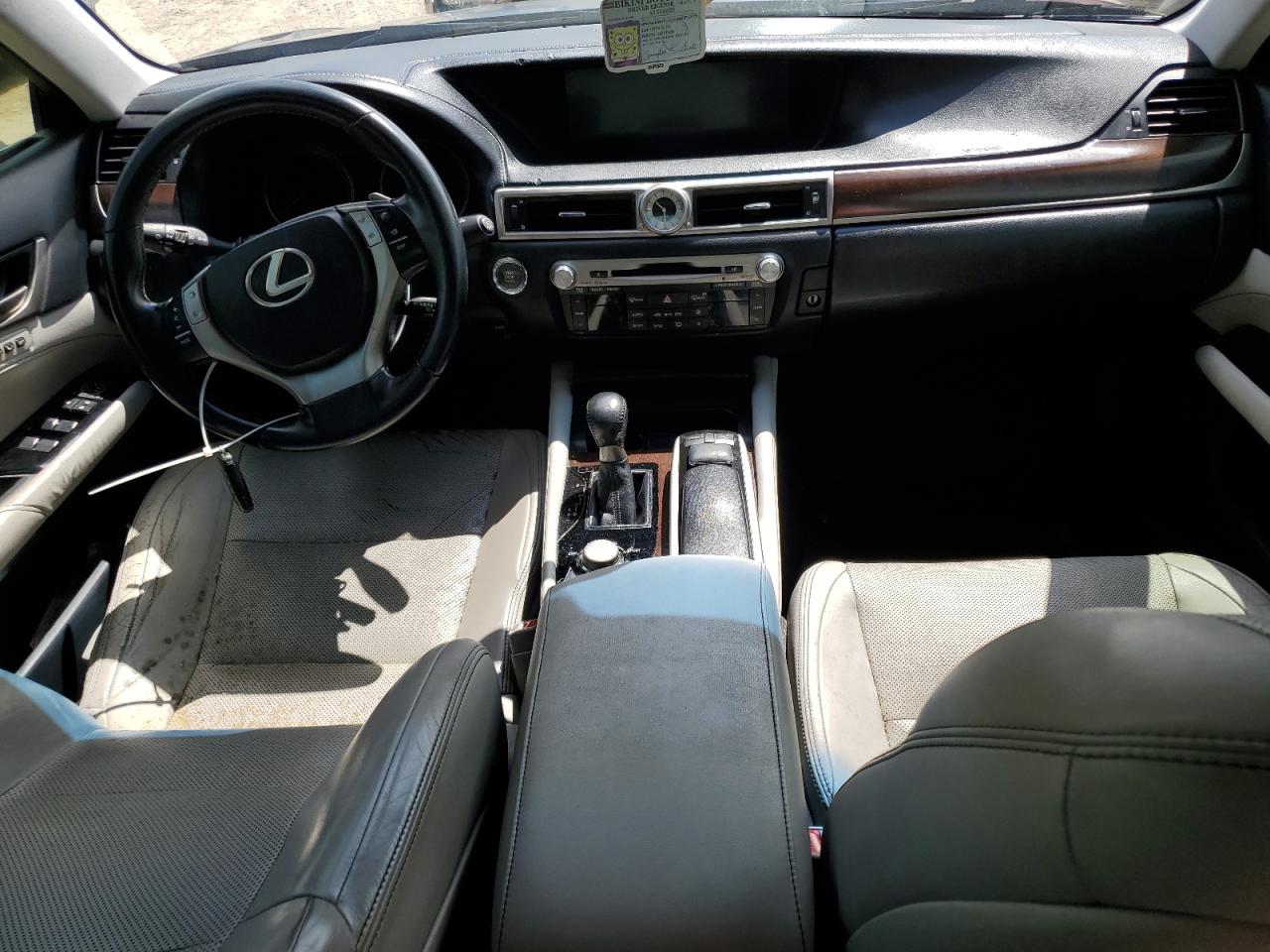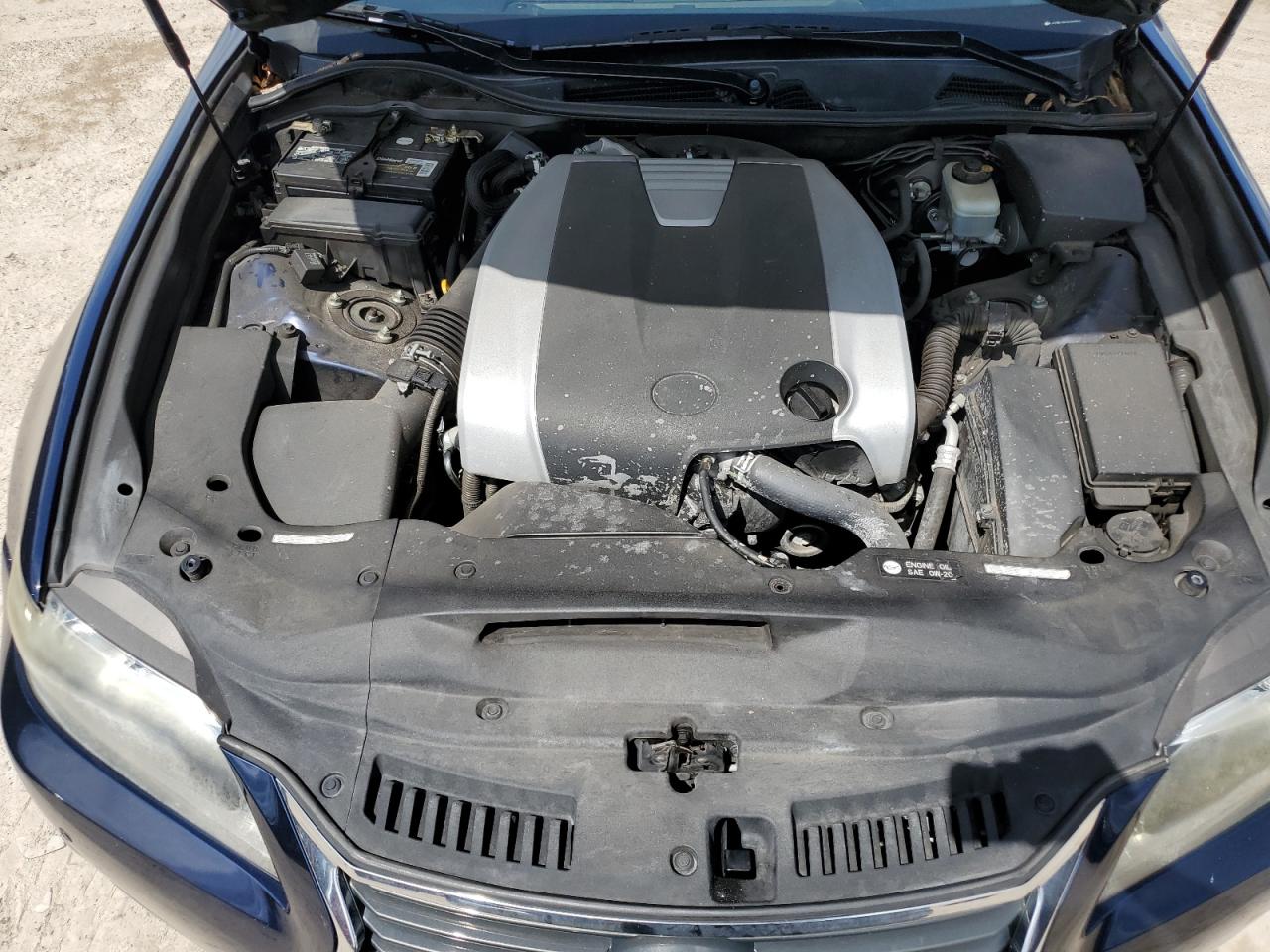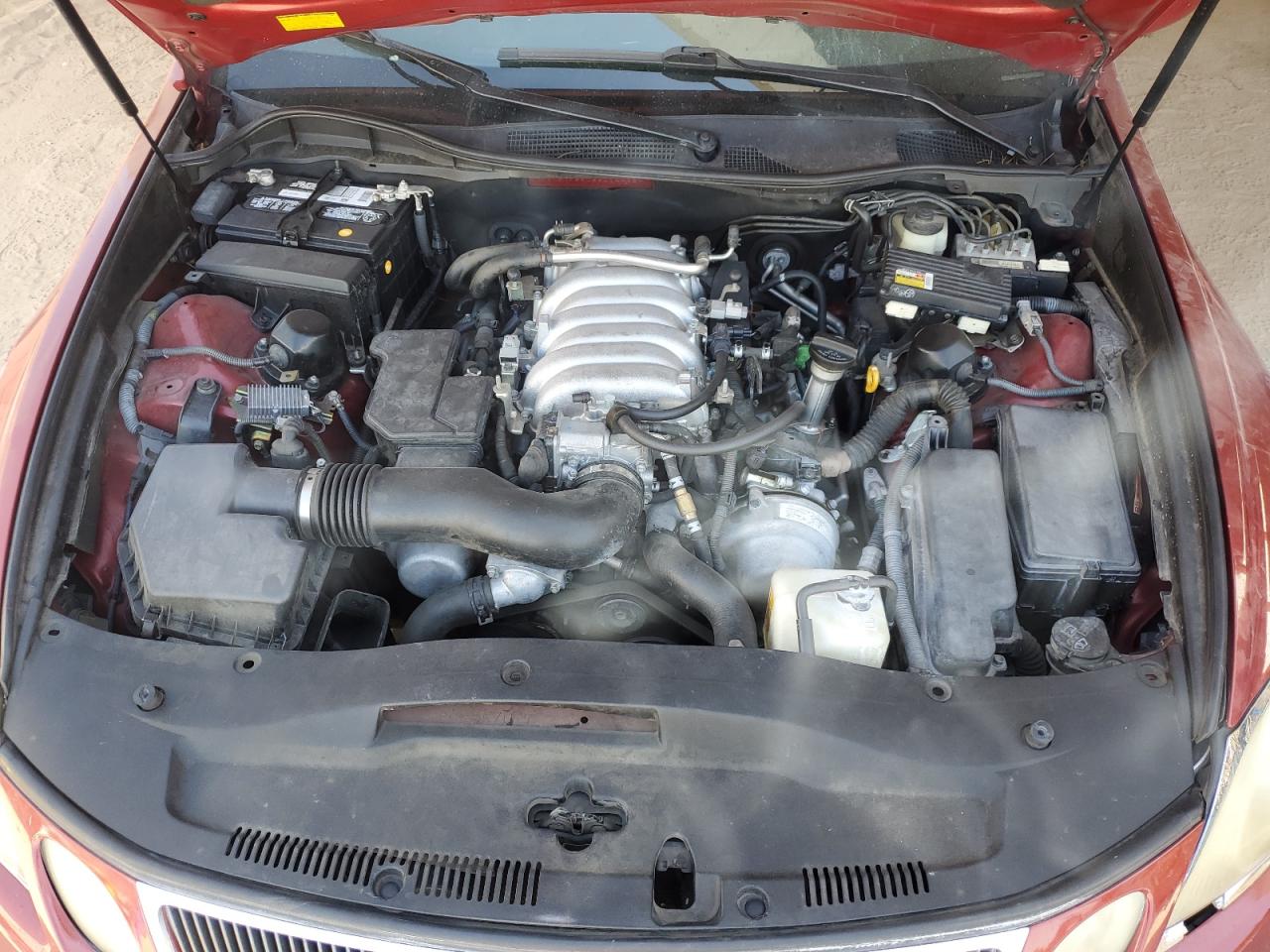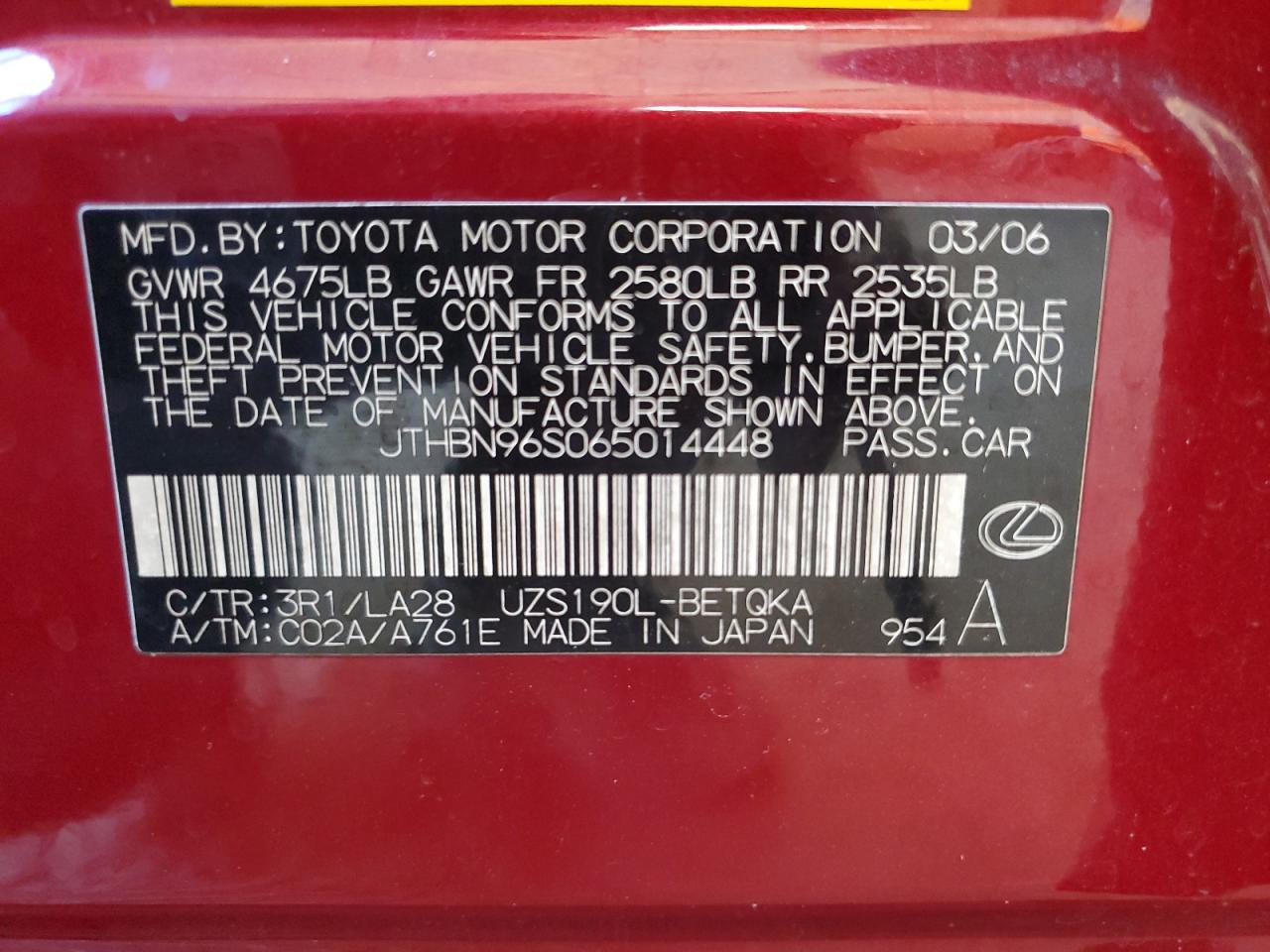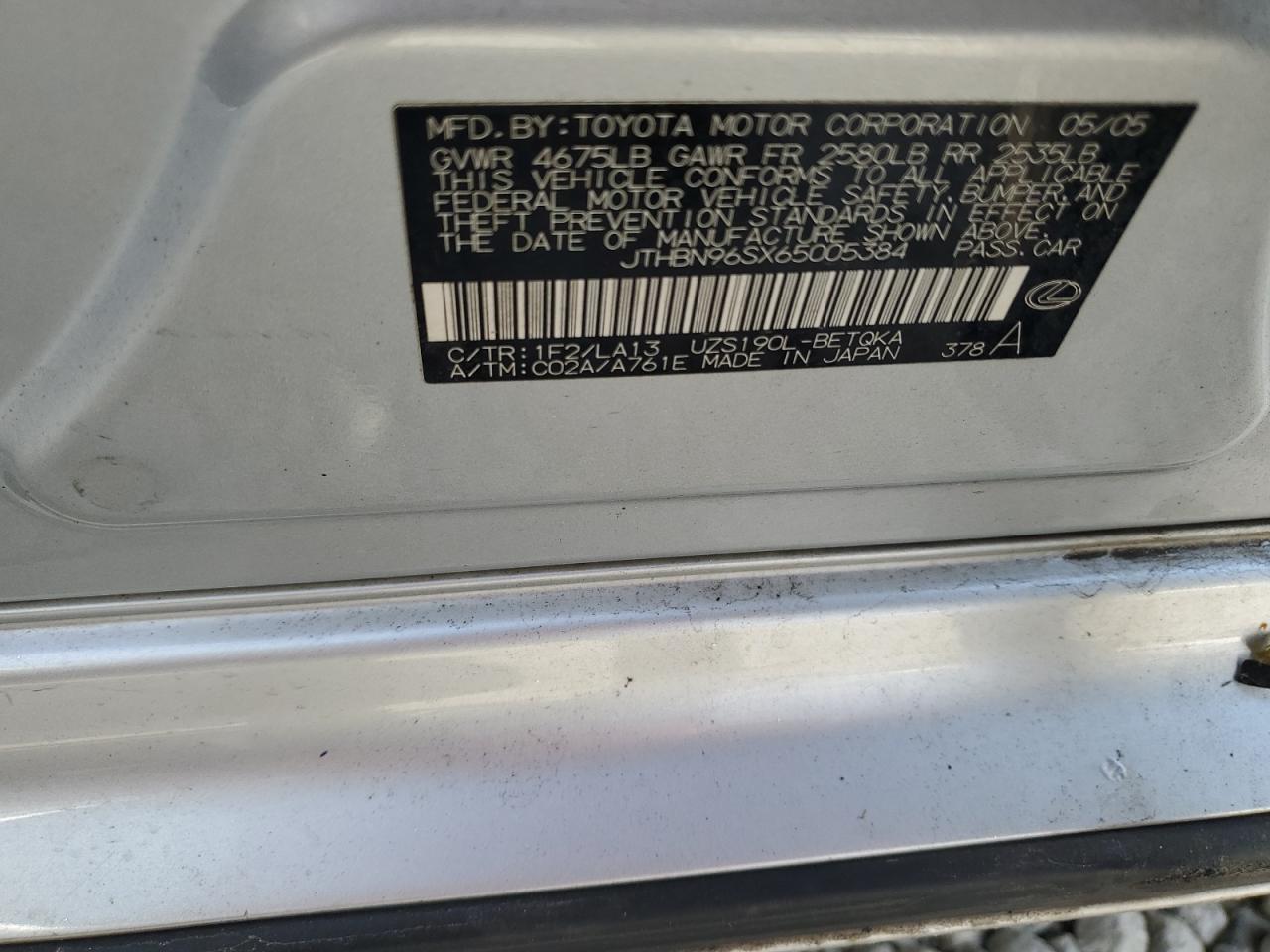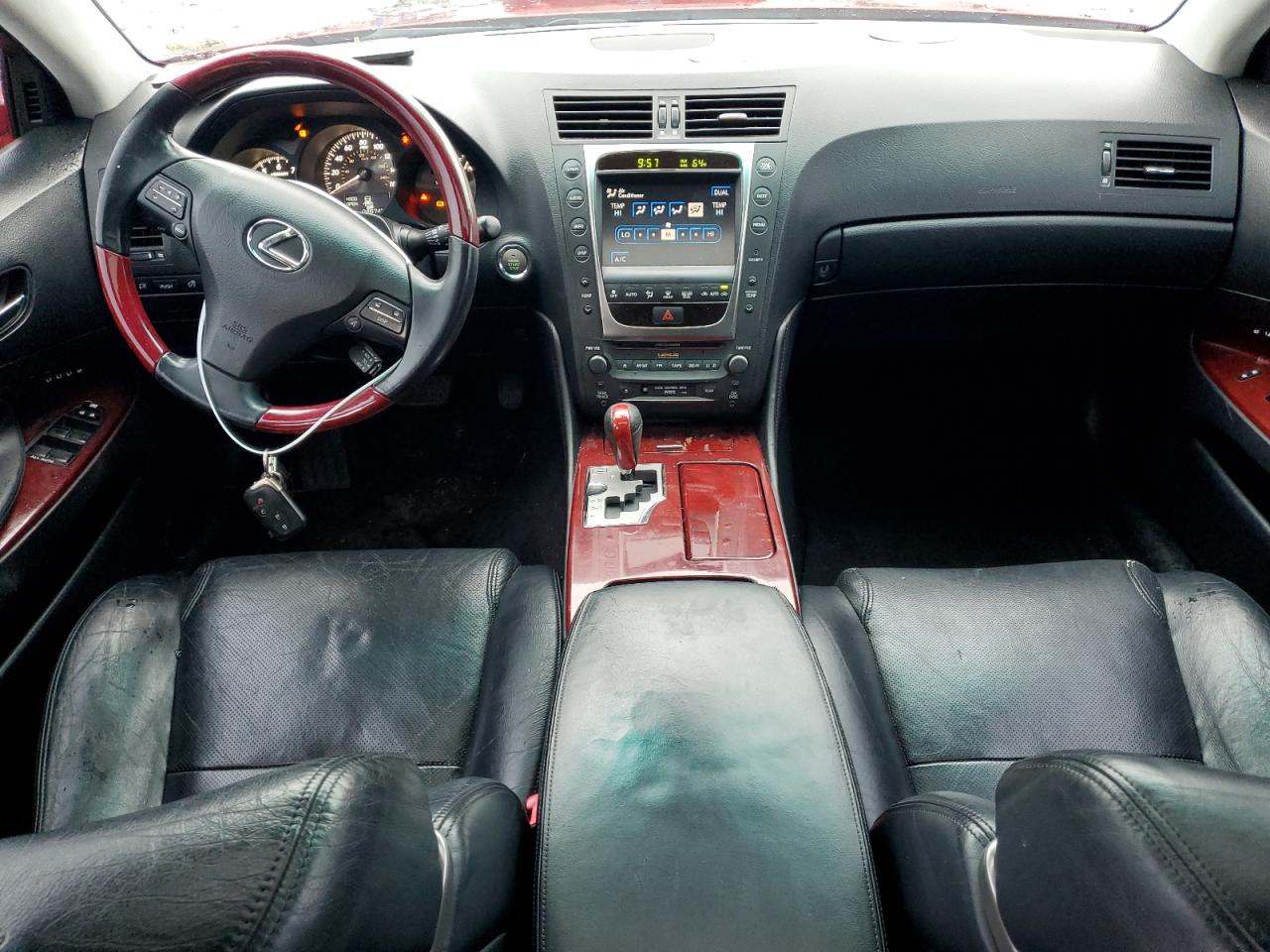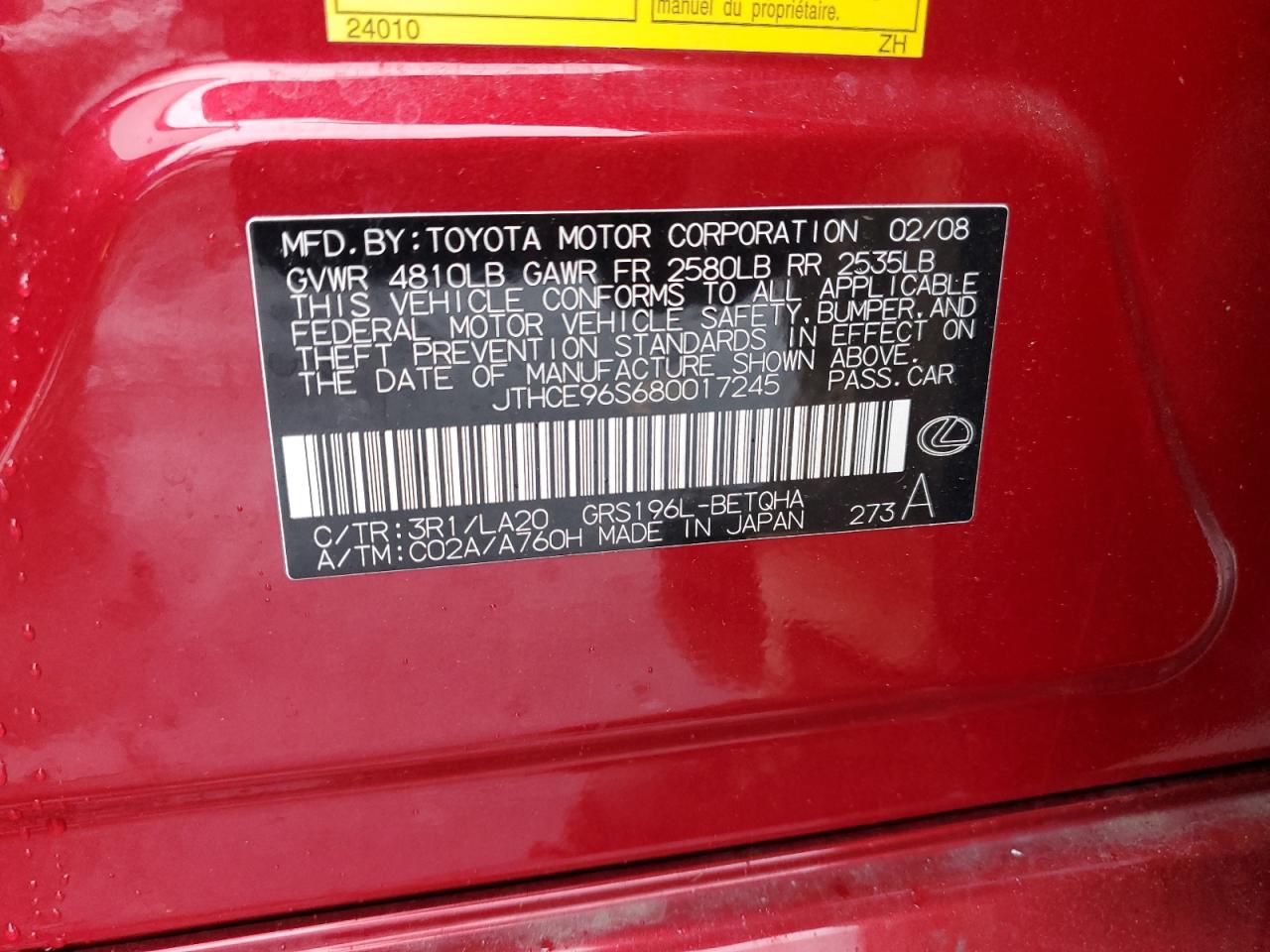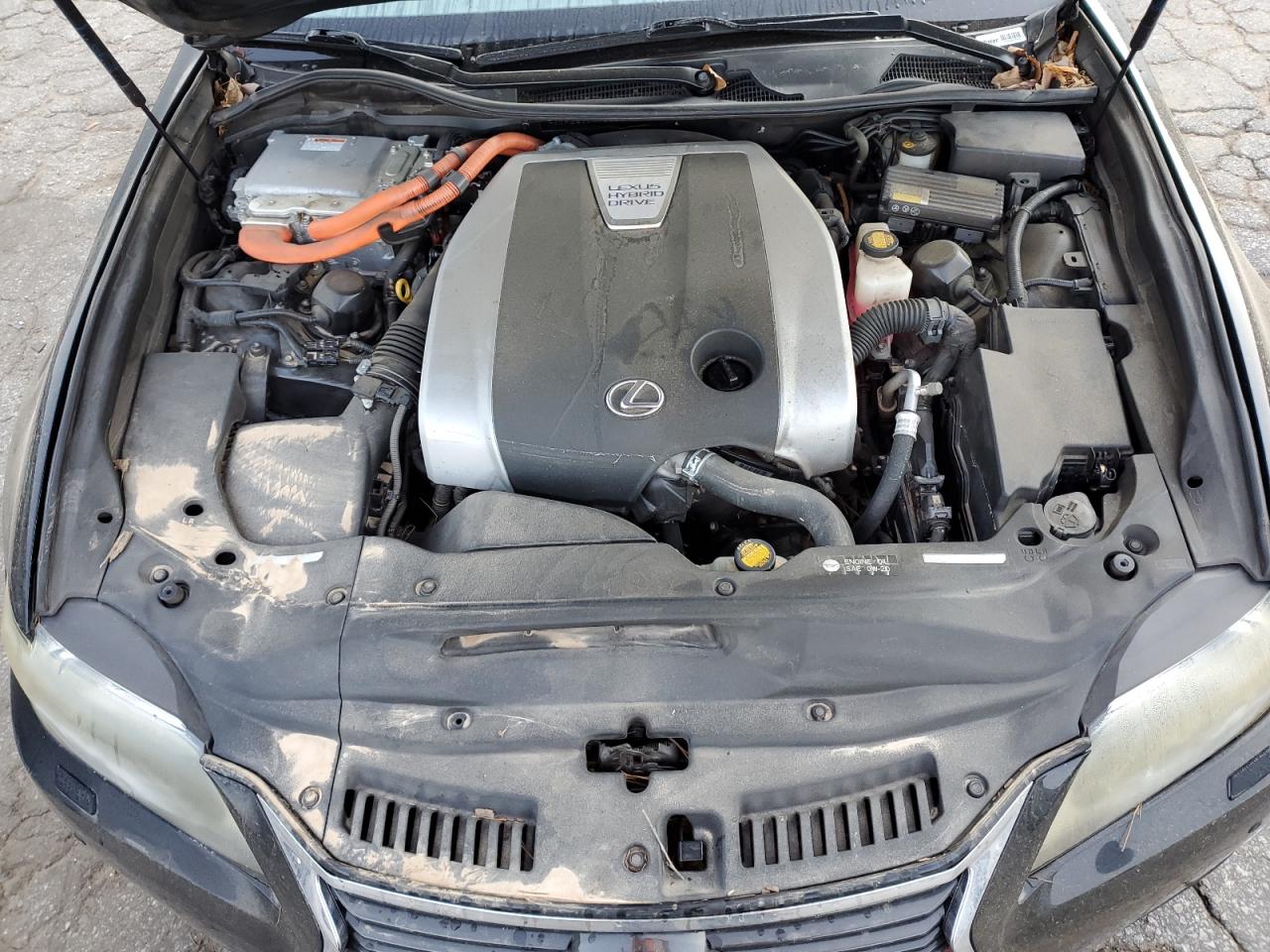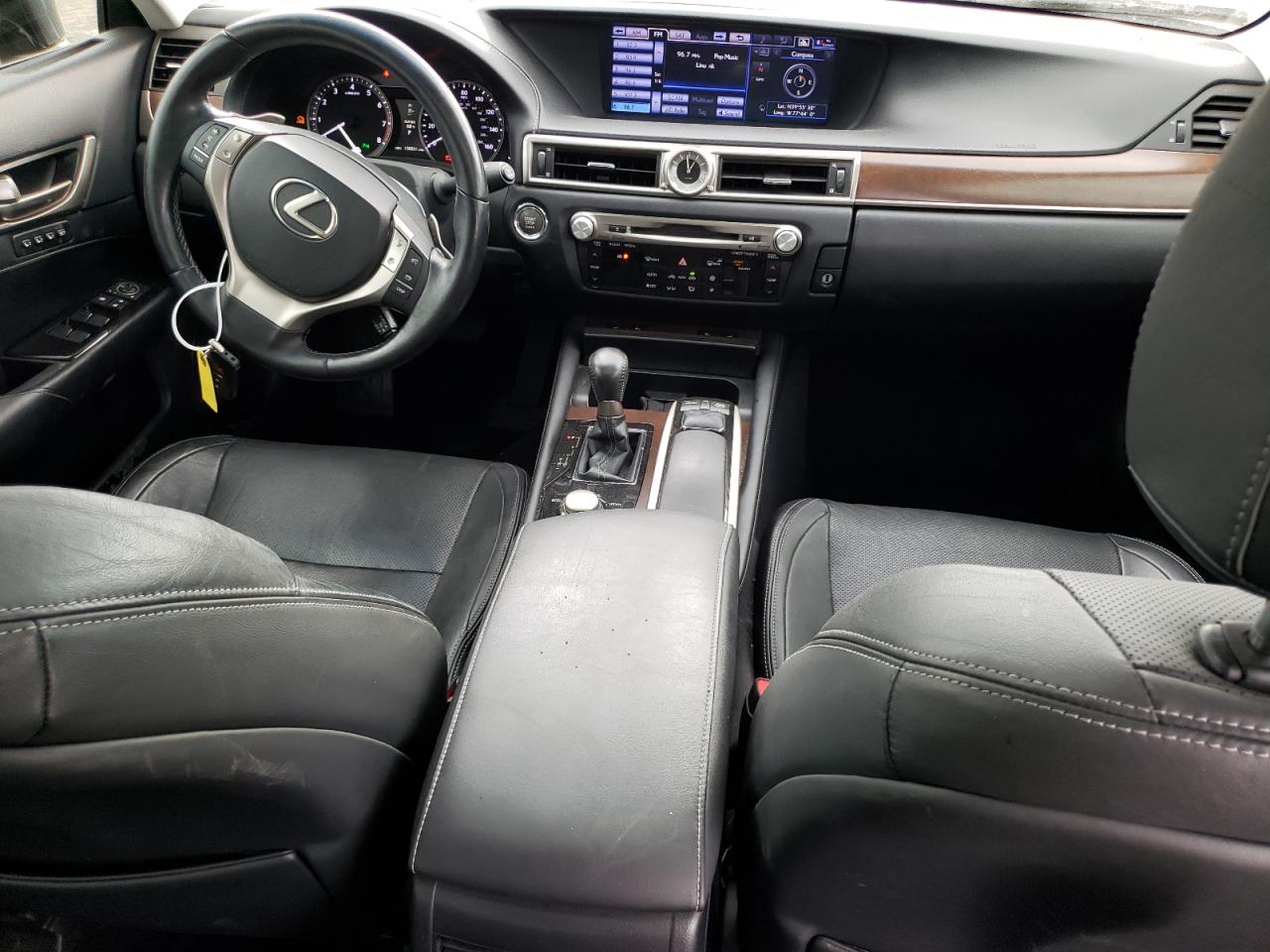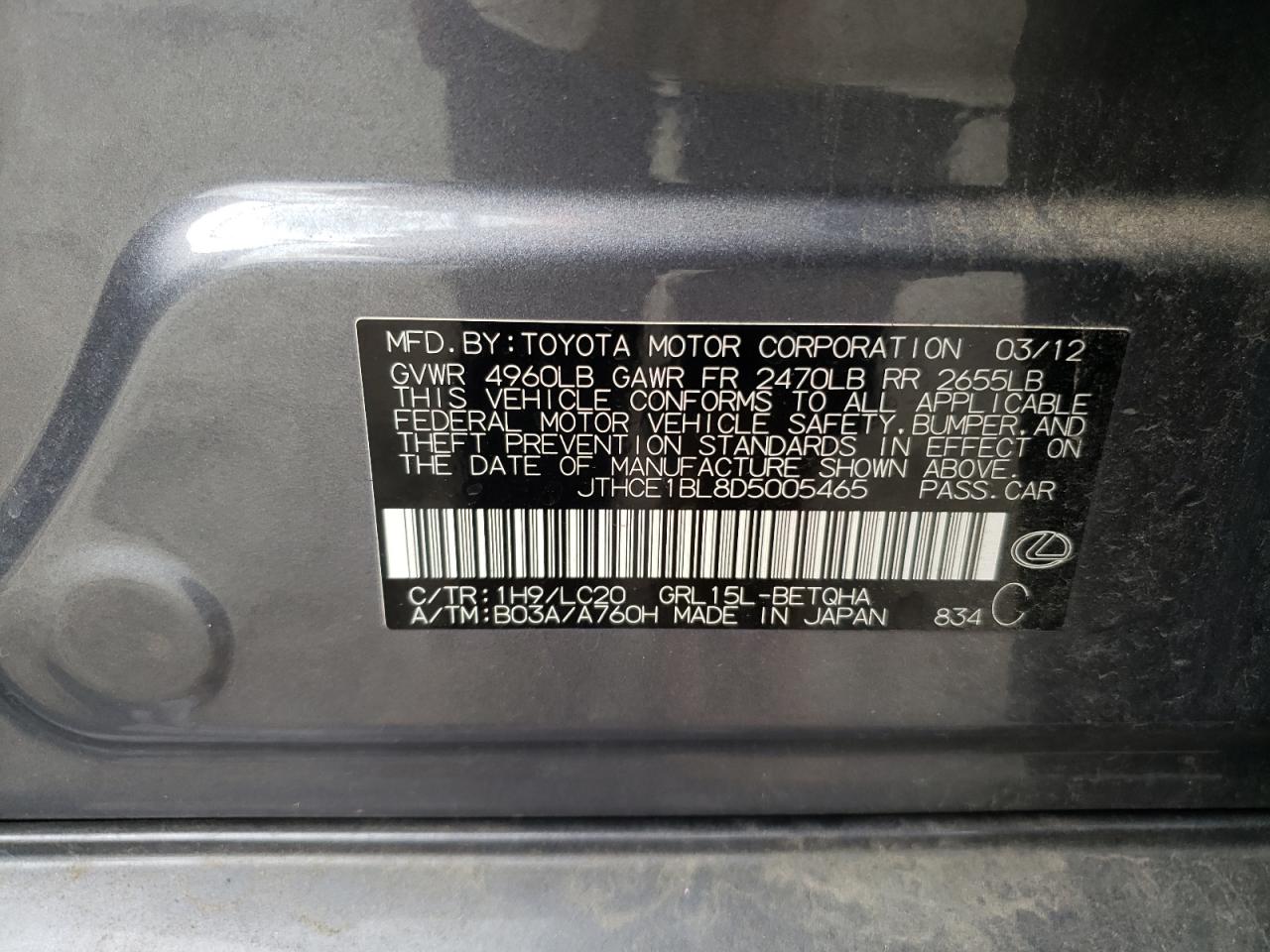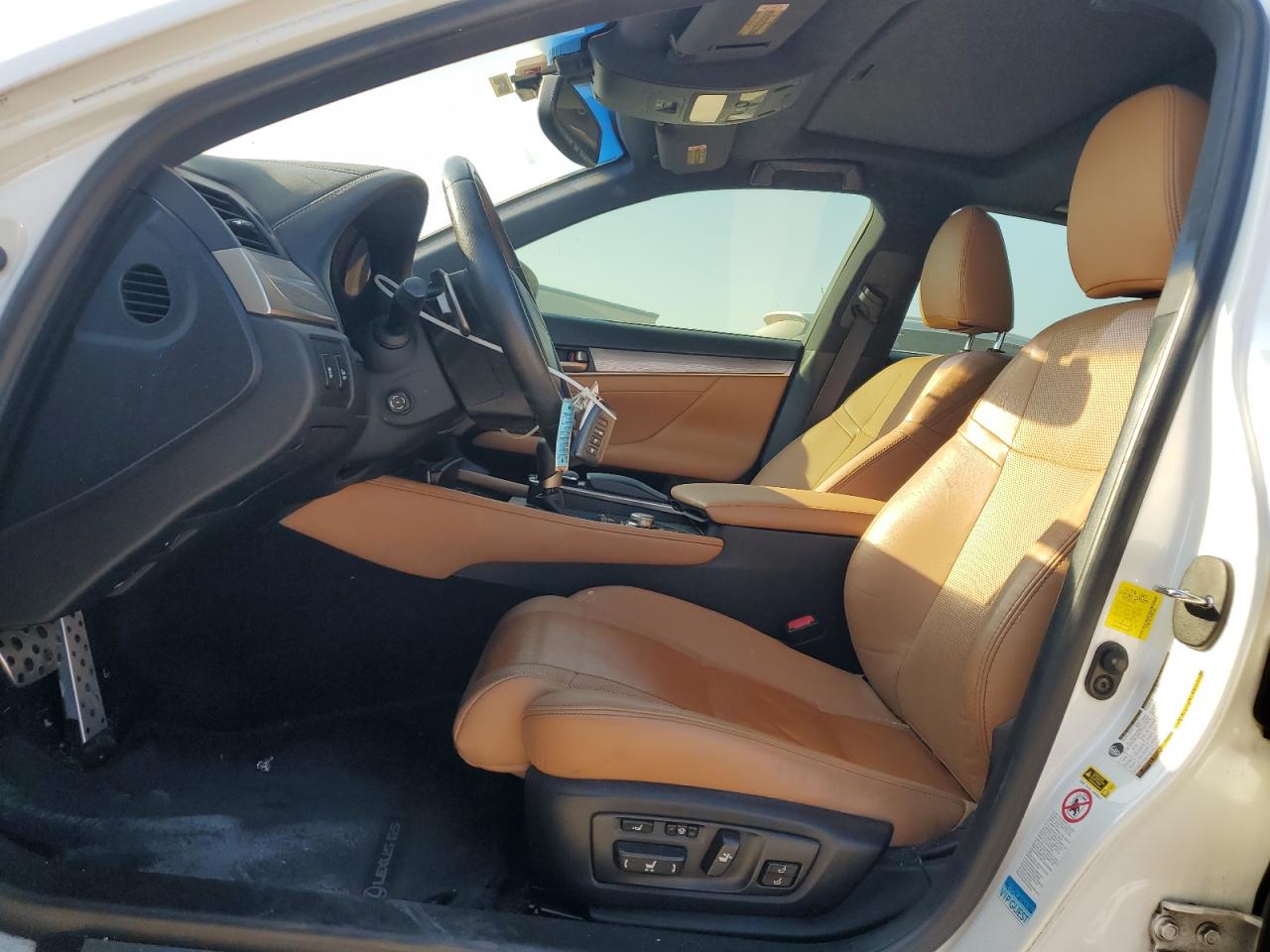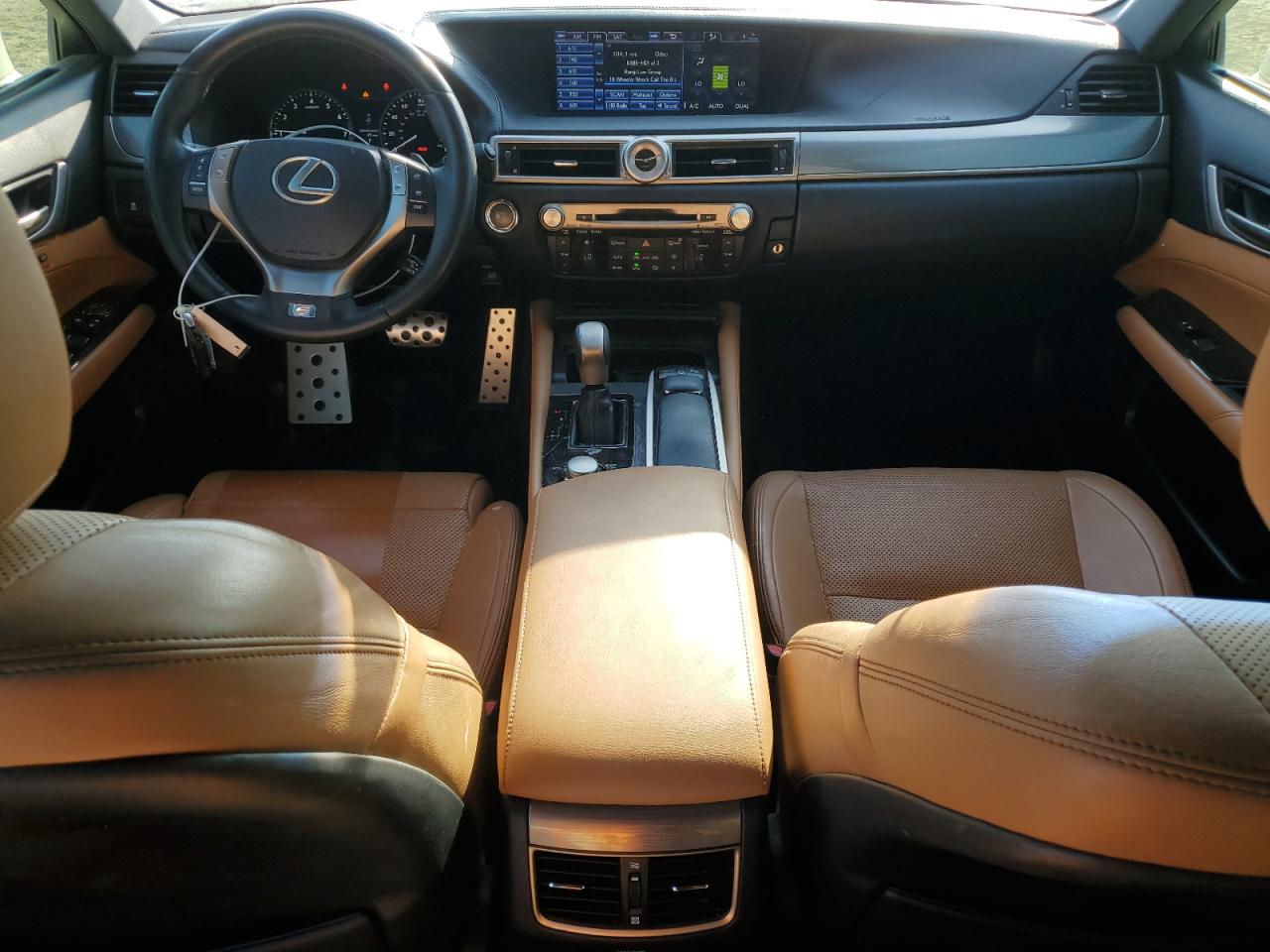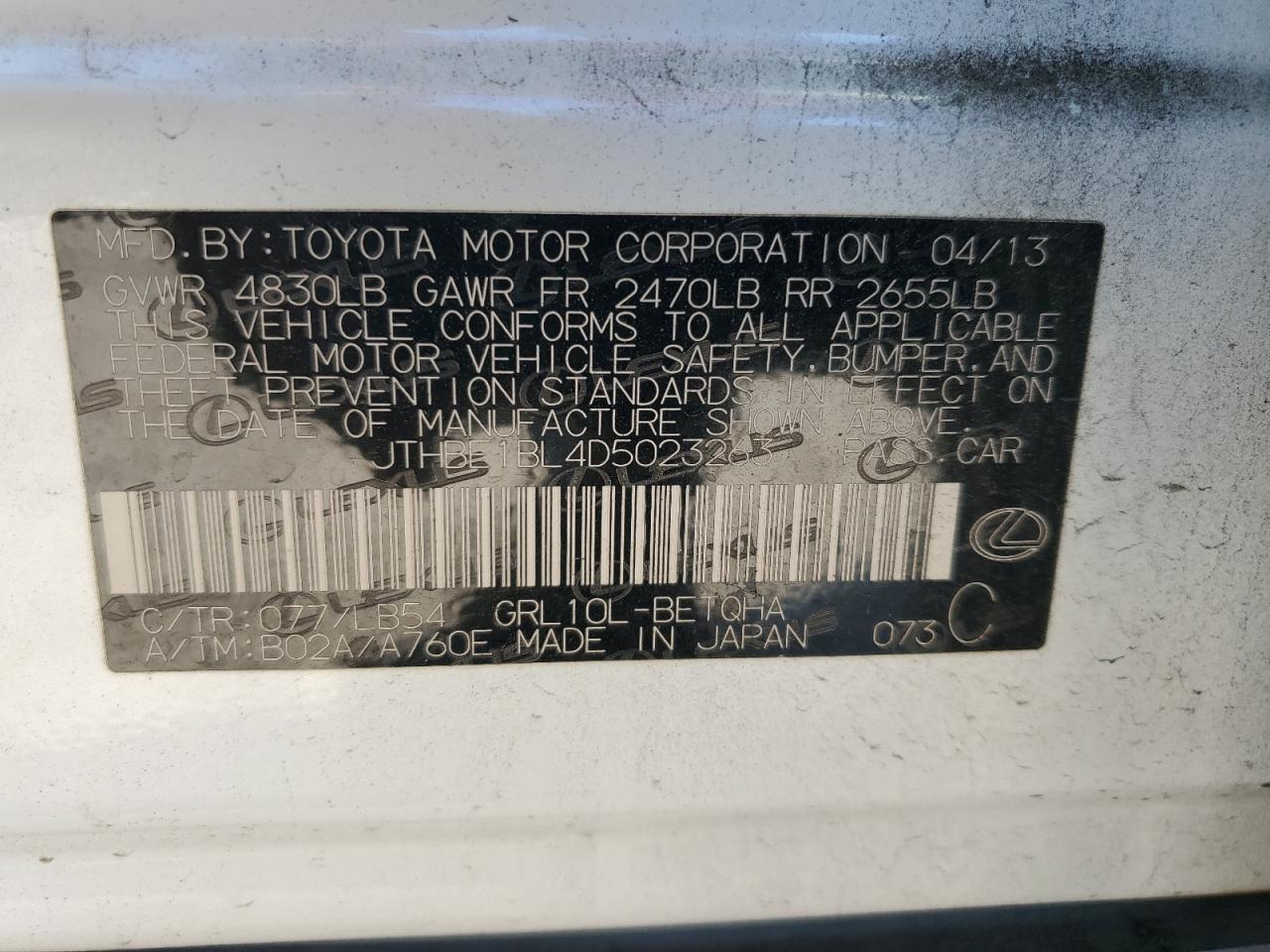Lexus GS (621)
2013 Lexus Gs 350
2013 Lexus Gs 350
2013 Lexus Gs 350
2013 Lexus Gs 350
2014 Lexus Gs 350
2006 Lexus Gs 430
2006 Lexus Gs 430
2000 Lexus Gs 400
2014 Lexus Gs 350
2006 Lexus Gs 430
2008 Lexus Gs 350
2013 Lexus Gs 450H
2015 Lexus Gs 350
2013 Lexus Gs 350
2004 Lexus Gs 430 430
2013 Lexus Gs 350 350
2008 Lexus Gs 460
The Lexus GS is a mid-size luxury sedan that has become one of the signature vehicles of the Japanese company Lexus. The model first appeared on the market in 1991 and quickly gained popularity due to its combination of comfort, advanced technology and high performance. Over the decades of its existence, the Lexus GS has gone through several generations and received many modifications, which allowed it to remain relevant and competitive.
Over the years of its production, the Lexus GS was offered in a variety of colors and trim levels, satisfying the needs of the most demanding customers. Each generation brought new design solutions and innovative technologies, emphasizing the company's desire for perfection. The color palette included both classic and modern shades, emphasizing the elegance and style of the model.
From the first generation to its discontinuation, several hundred thousand Lexus GS cars were sold worldwide. Some modifications were particularly successful, receiving recognition from both car enthusiasts and experts. At the same time, certain models encountered problems that became the subject of discussions and recall campaigns. In this article, we will take a detailed look at the history of the Lexus GS model, study its evolution, modifications, popular colors, as well as the successes and failures that accompanied this car throughout its existence.
History of the Lexus GS model: from its origins to the present day
The Lexus GS, under the premium Lexus brand, belongs to the luxury midsize sedan segment. It was first introduced in 1991 and has since gone through several generations, each bringing significant improvements in design, technology and performance.
The Lexus GS quickly gained popularity thanks to its combination of comfort, reliability and advanced technology. Each new generation of the model confirmed Lexus' reputation as a manufacturer of high-quality cars, offering buyers more innovations and options.
Stages of Lexus GS development
- First generation (1991-1997) : The model debuted in 1991 and was known for its elegant design, developed by the famous Italian designer Giorgetto Giugiaro. The car was equipped with powerful engines and offered a high level of comfort.
- Second generation (1997-2005) : The second generation brought significant improvements in safety and comfort. The introduction of new technologies such as Vehicle Stability Control (VSC) and improved sound insulation made the model even more attractive to buyers.
- Third generation (2005-2011) : This period saw the introduction of the GS 450h hybrid version, which became the world's first luxury midsize hybrid sedan. Improved engine performance and improved fuel economy set the model apart from its competitors.
- Fourth generation (2011-2020) : The fourth generation introduced a more aggressive design and new technologies, including active suspension control and an improved multimedia system. Particular attention was paid to the vehicle's dynamics and handling.
- Fifth generation (2020-present) : The latest generation of the GS model continues the tradition of its predecessors, offering even higher standards of comfort, safety and innovative technologies. The model received new engines and an improved Lexus Safety System+.
Throughout its production years, the Lexus GS has enjoyed stable demand in the market, and some of its modifications, such as the GS 350 and GS 450h, have become especially popular due to their successful combination of performance and economy.
Despite the high quality standards, the model also had its problematic aspects. Some owners complained about problems with electronic systems and suspension. However, thanks to constant improvements and customer feedback, most of these problems have been successfully solved.
Main modifications and differences of Lexus GS
First introduced in 1991, the Lexus GS has gone through several generations, each offering significant improvements and changes. Depending on the year and model, the cars in this series offered different engines, technologies and options, which allowed them to take a strong place in the premium sedan market.
Over its history, the Lexus GS has undergone several major updates, including changes in design, technology, and performance. Each generation has key modifications that have made this car so popular among connoisseurs of comfort and reliability.
Modifications and their differences
- Lexus GS 300 : One of the base models, equipped with a 3.0-liter V6 engine. This option offered a balance between power and efficiency, making it a popular choice for those looking for a reliable and comfortable car.
- Lexus GS 350 : A 3.5-liter V6 version that offers more power and improved acceleration. This variant has become especially popular for its dynamics and comfort.
- Lexus GS 450h : A hybrid model that combines a gasoline engine with an electric motor, the GS 450h offers excellent fuel economy without sacrificing performance, making it an attractive choice for eco-conscious drivers.
- Lexus GS F : High-performance version equipped with a 5.0-liter V8 engine. This variant is designed for sporty driving enthusiasts, offering power and handling on par with the best sports cars.
In addition, different generations of Lexus GS differed in design and equipment. For example, the third generation (2005-2011) received an updated interior using high-quality materials and advanced safety technologies. The fourth generation (2012-2020) featured a more aggressive appearance and an improved multimedia system.
The table below shows some key characteristics of the main modifications:
ModificationEnginePowerPeculiarities
GS 300 | 3.0L V6 | 245 hp | Balance of power and economy
GS 350 | 3.5L V6 | 311 hp | Improved acceleration characteristics
GS 450h | 3.5L V6 + Electric Motor | 339 hp | Hybrid system
GS F | 5.0L V8 | 467 hp | High performance version
GS 300 | 3.0L V6 | 245 hp | Balance of power and economy
GS 350 | 3.5L V6 | 311 hp | Improved acceleration characteristics
GS 450h | 3.5L V6 + Electric Motor | 339 hp | Hybrid system
GS F | 5.0L V8 | 467 hp | High performance version
Thus, the Lexus GS offered a variety of modifications, each with its own unique features and purpose. These differences allowed buyers to choose a car that perfectly suited their needs and preferences.
Color solutions: from classic to exclusive
The Lexus GS model range has always stood out for its elegant and sophisticated colour solutions. Since its introduction, the cars of this series have been offered in a wide range of colours, allowing each buyer to choose the shade that best suits their personal preferences and style.
Over time, the Lexus GS color palette has expanded significantly, including not only classic options, but also exclusive shades developed specifically for this model. These unique colors emphasize the premium status of the car and its belonging to the luxury segment.
Classic colors
- Black : always in fashion, it emphasizes the elegance and solidity of the car.
- White : symbolizes purity and style, making the car more visible on the road.
- Silver : a practical and popular choice that highlights the dynamic lines of the body.
- Gray : Adds a touch of understated luxury and sophistication.
Exclusive colors
- Matte black : creates an impression of strength and mystery, ideal for those who want to stand out.
- Ultramarine blue : a deep and rich shade that attracts attention with its unusualness and brightness.
- Pearl White : Adds extra depth and shine to automotive paintwork.
- Burgundy Metallic : A chic and rich color that makes the car truly luxurious.
The number of Lexus GS cars sold has grown every year, which indicates the demand for the model. The most successful colors were black and white, as they embody the classics and are always relevant. However, unique and exclusive colors have also found their fans among those who value individuality and are ready to stand out on the road.
Thus, the color palette of the Lexus GS plays an important role in the attractiveness and success of the model on the market. From classic to exclusive shades - each color is designed to emphasize the advantages of the car and satisfy the tastes of the most demanding customers.
Years of production and number of Lexus GS sold worldwide
The Lexus GS was first introduced in 1991 and has remained a key model in the premium Lexus brand lineup for decades. Each new release has improved technical characteristics, design and comfort, which has contributed to the growth of the car's popularity in the global market.
Sales of the Lexus GS have varied considerably across generations and trim levels, with some of the model's most successful periods being the mid-2000s and early 2010s, when the car gained recognition for its innovative technology and improved build quality.
Years of production and sales volumes
Years of productionNumber of cars sold
1991 - 1997 | Around 150,000
1998 - 2004 | Approximately 200,000
2005 - 2011 | More than 250,000
2012 - 2020 | Around 300,000
1991 - 1997 | Around 150,000
1998 - 2004 | Approximately 200,000
2005 - 2011 | More than 250,000
2012 - 2020 | Around 300,000
- First generation (1991-1997): Production began in Japan and quickly spread to the American market. The number of cars sold during this period was about 150,000.
- Second generation (1998-2004): Significant changes in design and technology resulted in sales increasing to approximately 200,000 vehicles.
- Third generation (2005-2011): This time saw the introduction of hybrid models, which increased overall sales to over 250,000 vehicles.
- Fourth generation (2012-2020): The combination of sporty style and modern technology made this generation one of the most successful with sales of around 300,000 vehicles.
The most successful and problematic versions: review and analysis of the Lexus GS
When analyzing the history of the Lexus GS model, we can highlight several versions that have become particularly successful and are in high demand among car enthusiasts. At the same time, there are also versions that have encountered certain problems that require attention from the manufacturer.
The most successful versions of the Lexus GS:
- Lexus GS 350: One of the most popular versions due to the combination of power, comfort and reliability. It has a high level of luxury and technological innovation.
- Lexus GS F: For lovers of sporty style and dynamic driving. Equipped with a powerful engine and sports suspension, which makes it an attractive choice for those who value performance.
- Lexus GS Hybrid: A hybrid powertrain option that delivers excellent fuel economy and environmental friendliness while maintaining a high level of comfort and luxury.
Problematic versions of Lexus GS:
- Lexus GS 460: Despite its powerful engine, this model has had some issues with its cooling system and electrical components, leaving some owners dissatisfied.
- Lexus GS 450h: The hybrid version occasionally experienced battery problems, which resulted in reduced hybrid system efficiency and required expensive component replacement.
Overall, despite some issues, the Lexus GS remains one of the best in its class thanks to its high levels of quality, luxury and innovation, making it an attractive choice for car enthusiasts who value comfort and performance.







